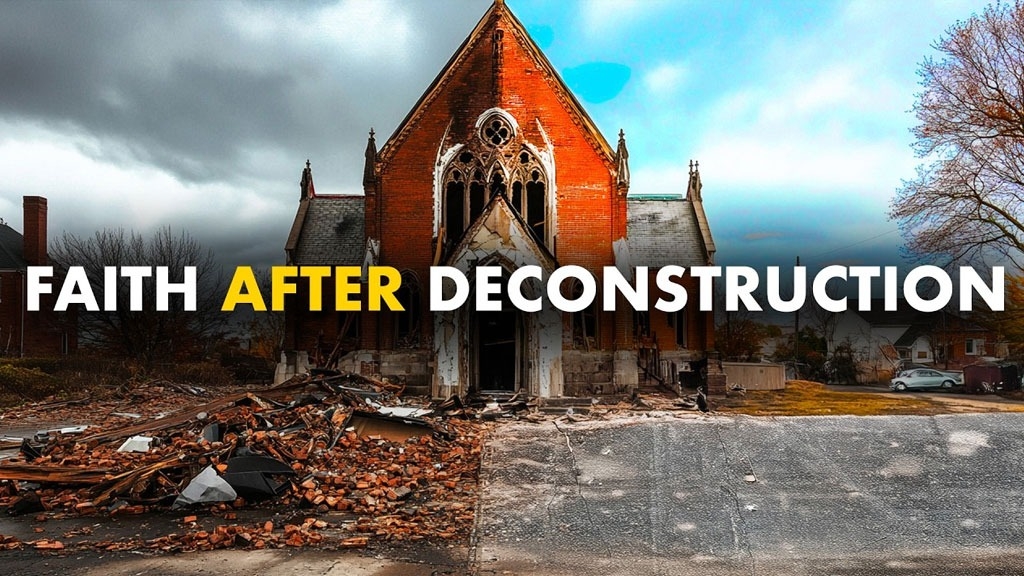After experiencing faith deconstruction, many people find themselves in a spiritual wilderness, unsure what to believe or how to rebuild their relationship with God. The reconstruction process requires patience, wisdom, and often significant time to sort through what remains trustworthy from what needs to be discarded. Yet this rebuilding phase can result in a more mature, resilient faith that's better equipped to handle future challenges.
The foundation of faith reconstruction should be Jesus Christ Himself rather than any particular theological system or church tradition. Start with the basic question: Who is Jesus, and what did He teach? Examine the Gospel accounts with fresh eyes, noting Jesus' character, claims, and actions. Consider the historical evidence for His existence, death, and resurrection. Many who deconstruct their faith find that their problems were with human interpretations and applications of Christianity rather than with Christ Himself.
Scripture remains central to reconstruction, but approach it with greater sophistication than before. Learn about historical context, literary genres, and the process by which the biblical canon was formed. Understand that recognizing Scripture's divine inspiration doesn't require believing it was dictated word-for-word or that every passage should be interpreted literally. Many faithful Christians throughout history have held nuanced views of biblical authority that honor both its divine origin and its human authorship.
Distinguish between essential Christian doctrines and secondary issues that have divided believers throughout history. The early church creeds provide helpful guidance about core beliefs that have united Christians across centuries and cultures: the Trinity, the incarnation, salvation by grace through faith, and the resurrection. These foundational truths can remain stable while you reconsider positions on creation, biblical interpretation, social issues, or church practices.
Community plays a vital role in healthy reconstruction. Seek out believers who have wrestled with similar questions and emerged with intact faith. Look for churches or faith communities that welcome questions and demonstrate intellectual humility. Avoid both fundamentalist environments that discourage inquiry and liberal settings that seem to have deconstructed everything beyond recognition. The goal is finding community with people who take both faith and questions seriously.
Reading widely during reconstruction can provide valuable perspective. Explore works by Christians from different traditions and time periods who have addressed the questions you're wrestling with. C.S. Lewis, N.T. Wright, Tim Keller, and many others have written thoughtfully about faith and doubt. Don't limit yourself to contemporary American evangelicalism – the global and historical church offers rich resources for thinking through difficult issues.
Be patient with the process and with yourself. Reconstruction typically takes longer than deconstruction because building requires more care than demolishing. You may find yourself unable to affirm certain beliefs you once held while discovering new aspects of faith you'd never considered. This is normal and doesn't indicate weakness or compromise – it reflects the natural growth that comes from engaging with complex questions honestly.
Prayer and spiritual practices may feel strange or empty during reconstruction, but consider maintaining them as experiments rather than abandoning them entirely. Approach them with curiosity about whether God might meet you in new ways rather than expecting to feel the same things you felt before your deconstruction began. Sometimes faith returns through practice rather than through intellectual resolution of all questions.
Remember that reconstruction is an ongoing process rather than a destination. Mature faith continues asking questions, refining understanding, and growing deeper throughout life. The goal isn't to build an unshakeable system of beliefs but to develop a dynamic relationship with the living God who is bigger than any of our theological formulations.




Comments